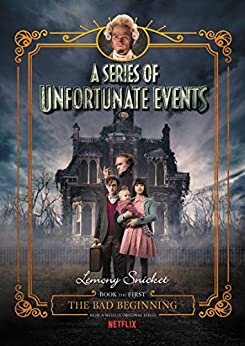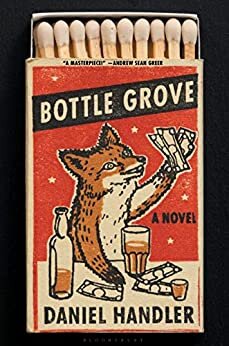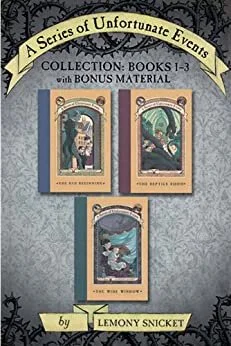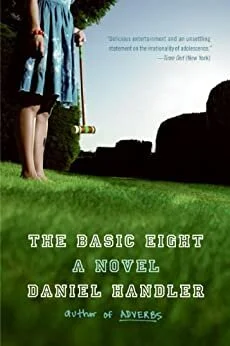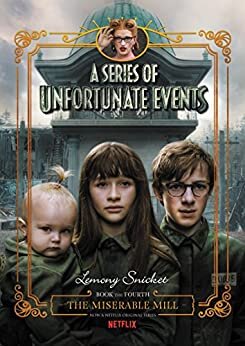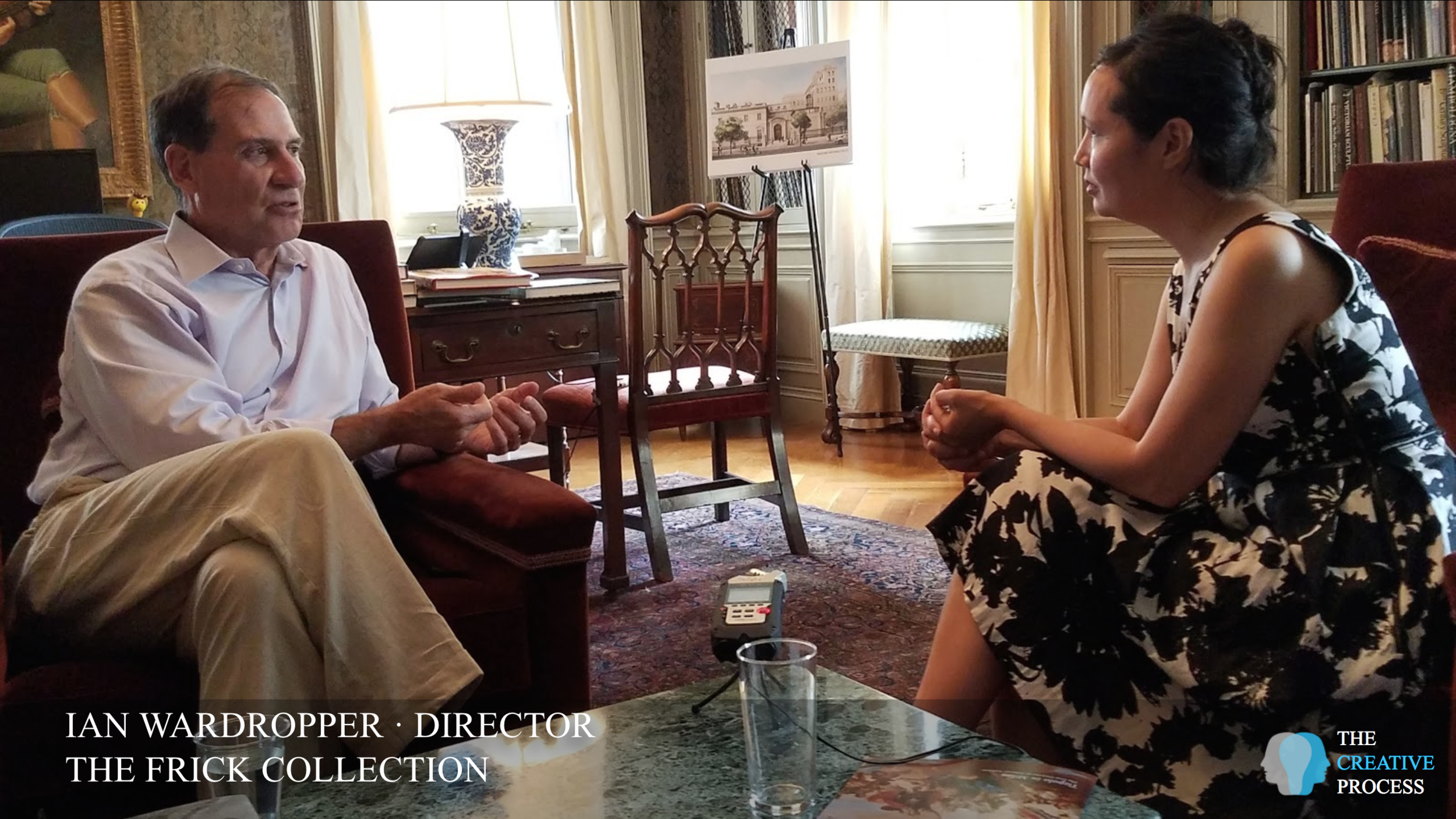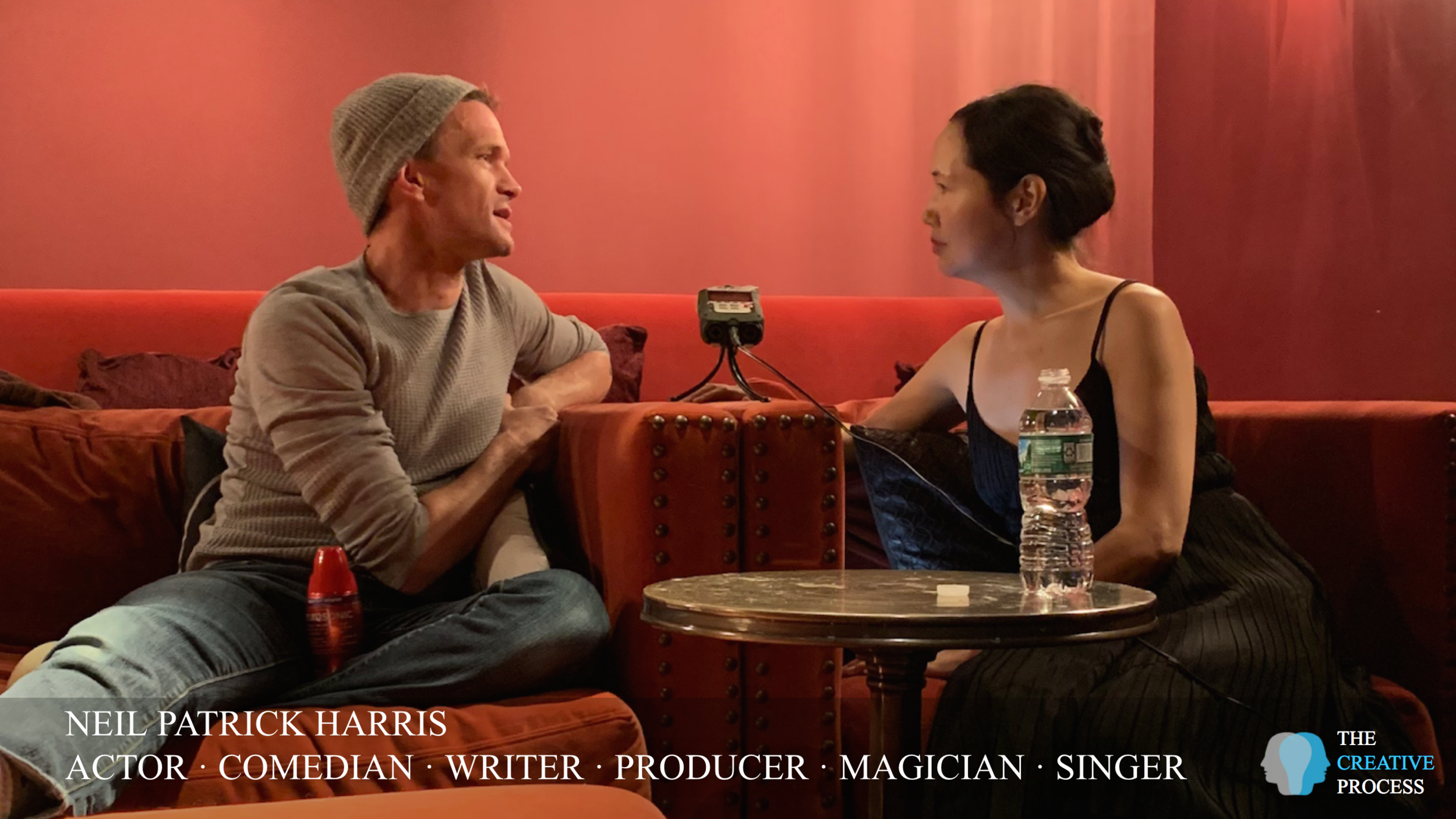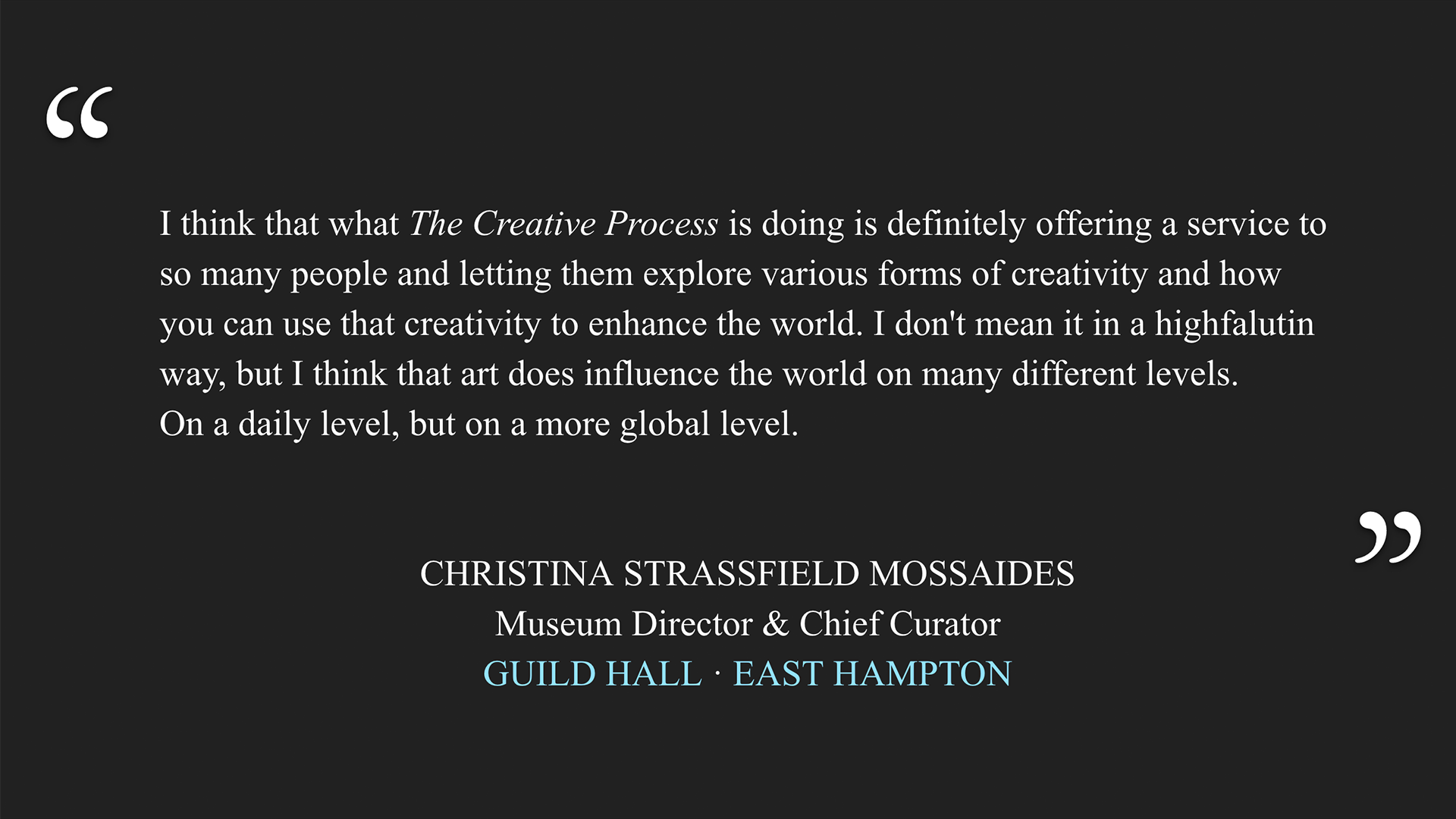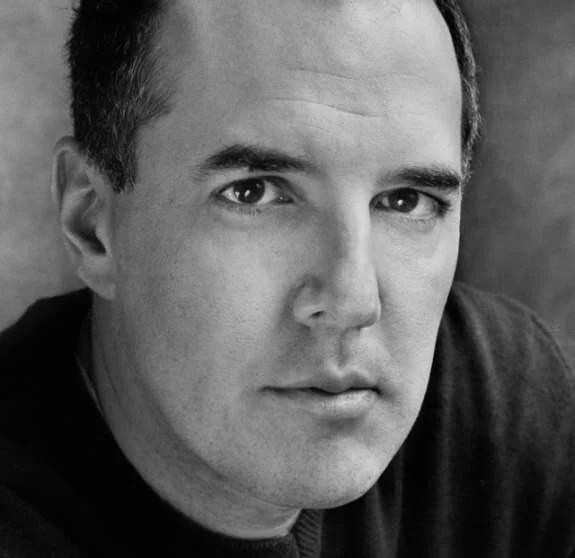Daniel Handler is the author of seven novels, including Bottle Grove.. As Lemony Snicket, he is responsible for numerous books for children, including Swarm of Bees, illustrated by Rilla Alexander. His books have sold more than 70 million copies and have been translated into 40 languages, and have been adapted for screen and stage. The first season of Netflix“s adaptation ofA Series of Unfortunate Events, for which he served as Executive Producer and Writer, won a 2018 Peabody Award for its “lively excellence, strange silliness, and compelling storytelling,” and the teleplay won a 2019 Writers Guild Award. He lives in San Francisco with the illustrator Lisa Brown, to whom he is married and with whom he has collaborated on several books, and one son.
DANIEL HANDLER
I think how I feel about literature is that it was always something that I was passionate about and passionate about being connected to. So, as a reader when I was young and almost immediately around the same age as a writer, that was something that I wanted to participate in. And I think that participating in an art form that is appealing to you is really the biggest reward of being involved with it. There are certainly many challenges depending on what kind of art form you're doing in terms of making a living at it. It is almost impossible in almost all the art forms to do so, but I think seeing that it is not just about your own creativity and your own output and your own voice, but it is part of a tradition in which you are participating. And I think that's where the real satisfaction comes from a career in a creative field.
THE CREATIVE PROCESS
I think with the kind of sense of longing towards. You've written for adults, you've written for young people. And I just imagine that writing for young people that you have these freedoms. But I don't know if you feel the same way. That they're willing to go on a journey and have rules be broken and things like that.
HANDLER
I think what is most exciting is that it is a very passionate readership. You never love a book the way you love a book when you are ten. And I think to be a part of that sacred space and that kind of sacred exchange between a reader and literature is very exciting. And then, it's true that there's just a different mindset. It's difficult to speak super generally about people of a certain age, but there is a kind of mindset that I think you see in younger readers that is more about the immediate accessibility and pleasure that the writing brings you.
I think that if you're an adult and you pick up Madame Bovary, and you find the first four pages really boring, you may have a sense that Madame Bovary is a work of importance that has meant something to a lot of people and so that perhaps you're the one who is wanting and you'll feel pressured to keep going. And I don't think that's the case very often with young people and books. It's either interesting to you or it isn't and to learn that the author is celebrated or esteemed or has sold a gazillion copies or has won a bunch of prizes, I don't think any of those things are really part of most young readers' experiences. In fact, I think often when you're a child you love a book. And when you're a grownup you have no idea even of who wrote it. There's something that you read a million times, and when you were a child you'd never looked at the author's name.
This is an excerpt of a 7,000 word interview which will be published and podcasted across a network of participating university journals and national arts/literary magazines.
Mia Funk is an artist, interviewer and founder of The Creative Process.




